Syrian War Spills Over: Radical Salafis Attack Christian Village in Lebanon
A wave of suicide bombings launched by four radical attackers struck al-Qaa, a largely Christian Lebanese village on the border with Syria on Monday, killing five locals and wounding 15.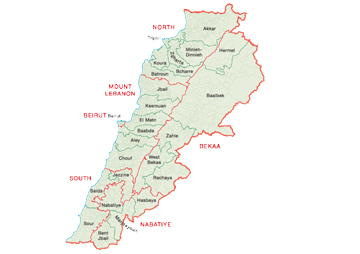

Informed Content
This post originally ran on Truthdig contributor Juan Cole’s website.
A wave of suicide bombings was launched by four radical attackers in al-Qaa, a largely Christian Lebanese village on the border with Syria, on Monday, killing five locals and wounding 15. The first attacks came in the morning but that evening a second wave was launched, attacking the funeral for the victims of the morning bombing. Security forces were unable to prevent them.
The first of the bombers appears to have tried to infiltrate through the Muslim quarter of the city, but local residents became suspicious of him and opened fire on him, at which point he detonated his vest. This point is worth underlining. The first of the bombing attempts at a mostly Christian village was thwarted by Sunni Muslims.
The attack raised alarms in Lebanon about the Syrian civil war spilling over onto the country. This is not the first time a border village has been attacked, though the Lebanese Army and and the Shiite Hizbullah militia have had fair success, along with local police, in keeping the terrorists out.
It is a typical way of operating or modus operandi of radical groups such as al-Qaeda in Syria (the Nusra Front) and Daesh (ISIS, ISIL) to attack soft targets like noncombatants in a residential village. They also target non-Sunni Muslim (as well as Sunni Muslims who don’t kowtow to them). Christians and Yezidis have been special targets, along with Shiite Muslims. One of the bombs was set off near a church.
Lebanon’s Shiite militia, Hizbullah, condemned the attacks as the outgrowth of a hateful ideology that calls believers infidels, and pledged to combat terrorism. It condemned those Lebanese who secretly admired the Sunni Arab extremists. (Lebanon is probably about 1/3 Sunni Muslim). Lebanese Shiites and Christians at the moment tend to be politically aligned, both fearing the radical Salafi groups in Syria.
Lebanon, with a population of about 4 million, hosts 1.5 million Syrian refugees, though to date these displaced populations have been peaceful. There are some 17,000 Syrian refugees in the district of Mashari al-Qaa in which the village lies.
Still, Beirut’s al-Nahar reports that locals are worried that the Syrian refugee camps near al-Qaa might be targeted by the same terrorist groups that drove them from their homes.
Syrian refugees were banned from entering al-Qaa after the attacks on Monday and were placed on curfew by Baalbak-Hermel governor Bashir Khidr
The local population engaged in firefights with the invaders, who blew themselves up and caused casualties among the residents. Their bodies were mangled beyond recognition, but the bombs blew their heads off, which were all that remained of them. Their features were still visible. Three of the four were quickly identified as Syrians.
The evening attack on the funeral near the church did not kill any locals but it is said that five were wounded.
Gen. Jean Kahwaji, commander of the Lebanese armed forces, pledged that the army would deal with the terrorism threat and would not be deterred from protecting Lebanon.
The Lebanese military has deeply reduced the al-Qaeda and Daesh presence at Arsal near the border with Syria, cutting it from 7,000 men to only 1200 or so and much reducing the size of the territory the guerrillas hold.
Lebanon’s military was cut off from crucial Saudi aid in February because of its internal alliance with Hizbullah, but the US and other Western powers have rushed to prop it up.
Your support matters…Independent journalism is under threat and overshadowed by heavily funded mainstream media.
You can help level the playing field. Become a member.
Your tax-deductible contribution keeps us digging beneath the headlines to give you thought-provoking, investigative reporting and analysis that unearths what's really happening- without compromise.
Give today to support our courageous, independent journalists.

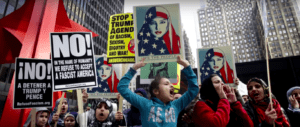
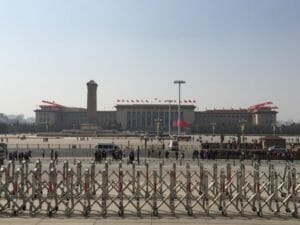
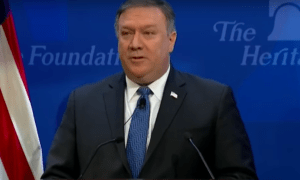

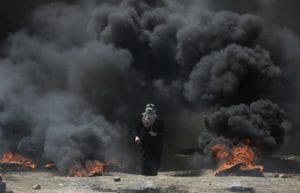
You need to be a supporter to comment.
There are currently no responses to this article.
Be the first to respond.